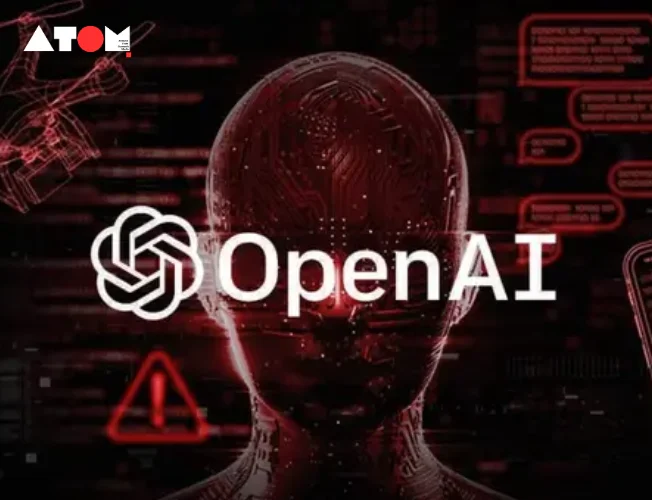Early in 2023, there was a serious security breach at OpenAI, the company that created the ground-breaking AI chatbot ChatGPT. A hacker obtained access to the business’s internal communications systems, acquiring confidential information regarding its artificial intelligence capabilities, according to a New York Times story. This event has sparked questions about the security protocols in place at top tech companies, as it was first only revealed to OpenAI personnel.
Details of the Breach
A hacker gained access to an internet discussion forum where OpenAI staff members were debating their newest innovations. Though the hacker was unable to get access to the vital systems where OpenAI creates and stores its AI models, the stolen data contained knowledge on the company’s AI systems.
Despite being a large breach, sources with knowledge of the incident said no partner or customer information was compromised. OpenAI decided not to notify the public about the incident as a result. At an all-hands meeting in April 2023, executives told staff members about the event, but they did not consider it a danger to national security because they thought the hacker was a lone person with no connections to foreign countries. Law enforcement was therefore kept in the dark.
Response and Preventive Measures
Despite the breach, OpenAI continued to focus on strengthening its security protocols. In May, the Microsoft-backed company reported disrupting five covert influence operations that attempted to misuse its AI models for deceptive activities across the internet. These operations included generating fake comments, longer articles in multiple languages, and creating bogus names and profiles for social media accounts. OpenAI claimed that these operations were neutralized within three months, preventing significant impact.
One notable instance of OpenAI’s proactive measures was stopping an Israeli company from interfering in India’s Lok Sabha elections. Dubbed “Zero Zero,” this operation aimed to use AI for deceptive purposes in the electoral process. OpenAI identified and halted the misuse of its AI models by the Israeli firm within 24 hours, averting any substantial impact on the elections.
The Broader Implications
The security breach at OpenAI underscores the growing importance of cybersecurity in the field of artificial intelligence. As AI technologies become more integrated into various aspects of daily life and business, ensuring their security becomes paramount. The incident also highlights the need for transparency and collaboration among tech companies, regulators, and law enforcement agencies to safeguard sensitive information and maintain public trust.
OpenAI’s decision not to disclose the breach publicly has sparked a debate about the responsibility of tech companies to inform the public about security incidents. While the company justified its decision by citing the absence of customer or partner data theft, some experts argue that transparency is crucial in maintaining trust and accountability.
Moving Forward
In the wake of the breach, OpenAI has likely reinforced its security measures to prevent similar incidents in the future. The company continues to innovate and expand its AI capabilities while emphasizing the importance of ethical and secure AI development. The incident serves as a reminder to other tech companies about the importance of robust security protocols and the potential risks associated with AI technologies.
As AI continues to evolve, the need for stringent security measures and ethical guidelines will only grow. OpenAI’s experience underscores the challenges and responsibilities faced by leading tech firms in navigating the complex landscape of AI development and cybersecurity.
Read more: Marketing News, Advertising News, PR and Finance News, Digital News





